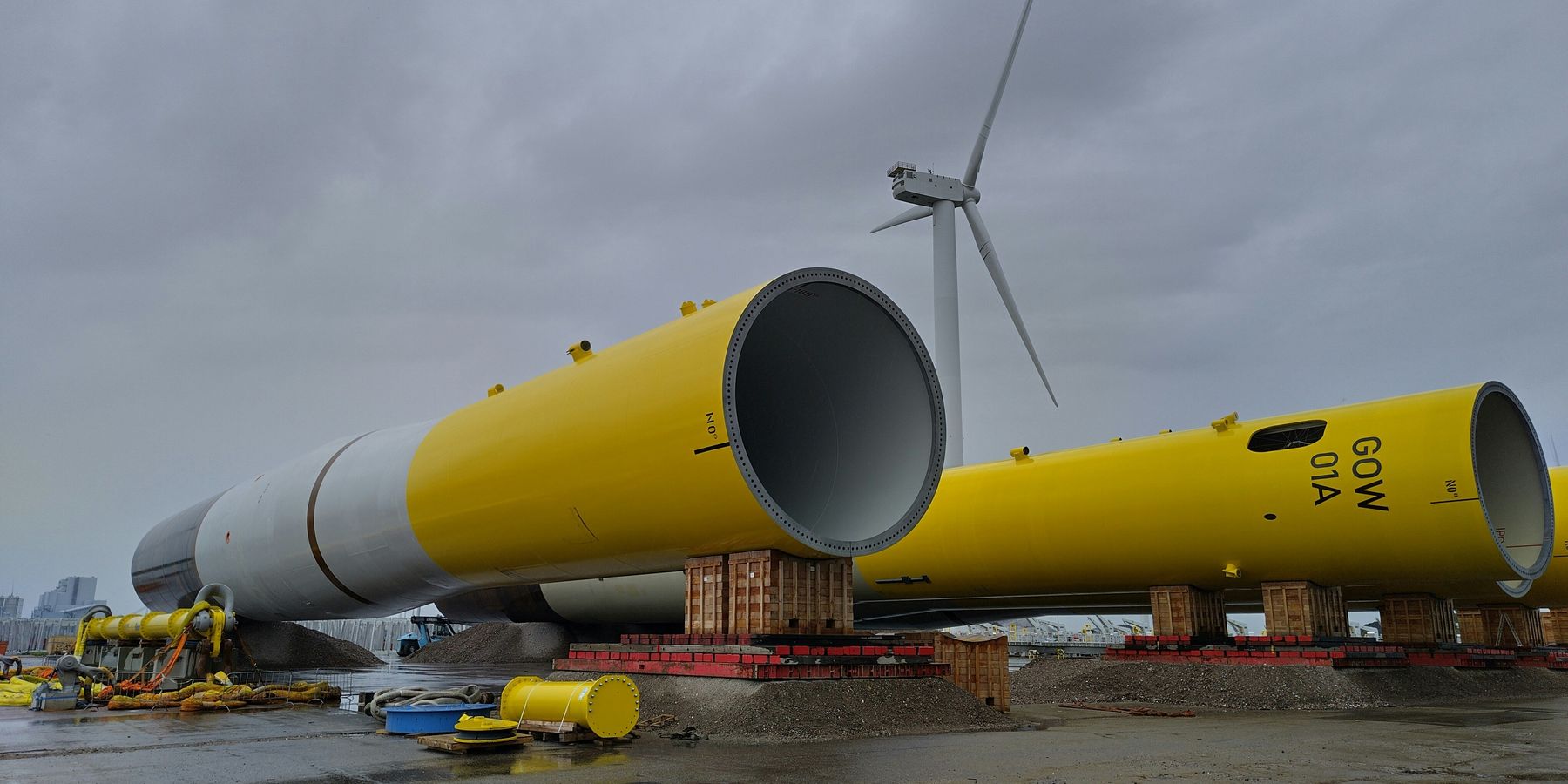Agents of Change launches the Fellows in Residence program
Meet the senior fellows that will hone their communication and public engagement skills.
The Agents of Change program, a partnership between EHN and Columbia University Mailman School of Public Health, is excited to announce the Agents of Change Fellows in Residence Program.
During this past year we have been reflecting on our accomplishments with the five Agents of Change cohorts. After five years of training the next generation of impactful environmental health researchers, we decided it was time to deepen our work and reinvest in our existing community. The unprecedented changes in the fields of public health, environmental protection and climate science we’ve seen this year – which directly impacts the careers and livelihoods of many Agents of Change fellows – has underscored the importance of providing our community with the knowledge, skills, networks, and social capital necessary to navigate this complex landscape.
As a result, we are launching the Fellows in Residence program.
Our reimagined fellowship is an effort to deepen our impact on decision-making and provide additional support to six senior Agents of Change fellows in their path towards creating more impactful research.
A reimagined future
This new initiative will build and strengthen alliances and collaborations with other programs, institutions and media organizations, provide support and network to help fellows navigate opportunities where they and their research can lead conversations in their respective fields, amplify our fellows’ expertise and help them develop community and policy products that will be incorporated into decision-making.
The Fellows in Residence program gathers Senior Agents of Change fellows who will participate in key networking opportunities through webinars, personalized mentorship opportunities, and more.
They will also have the opportunity to work on an individualized communication campaign to broaden the impact of their research. In this new era, fellows in residence will pick and choose different deliverables such as op-eds, fact sheets, policy briefs, science snippet videos, or more, that align with their current work and interests.
Our fellows in residence
Meet our fellows in residence in the slideshow below. Click on right or left side of each photo to move forward or backwards.
Ufuoma Ovienmhada (2024 fellow; Cohort 5)
Dr. Ufuoma Ovienmhada is a Baker Endowed Postdoctoral Research Associate in Climate Change and Human Resiliency at the University of Arizona. Ufuoma is an engineer by education, and environmental justice geographer by training, generating data-driven actionable insights about the environmental burdens experienced by marginalized identities in the United States. Her current work focuses on communities impacted by incarceration and the climate crisis.






About Agents of Change
Founded in 2020 by Dr. Ami Zota of Columbia University Mailman School of Public Health, Agents of Change has become one of the premiere national fellowships focused on increasing science communication and public engagement among early career scientists from backgrounds that haven’t been prioritized in science and academia.
Our fellows have published 62 essays, which are freely available in English and Spanish, and have reached 1.7 million readers (around 200,000 readers in Spanish). Our podcast — where we dive into the career paths and big ideas from fellows and other leaders in the field — has reached more than 80,000 listeners annually on Apple Podcasts, Spotify and SoundCloud.
Keep in touch
Want to keep on top of the program and the fellows' work? Subscribe to our newsletter and follow us on BlueSky, Instagram and LinkedIn. Learn more about current and senior fellows at agentsofchangeinej.org.













